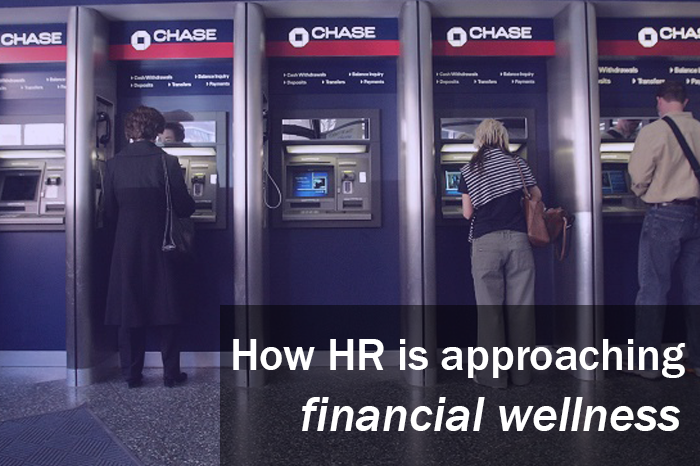The risk for depression among U.S. workers has risen a whopping 102% as a result of the coronavirus pandemic–and 305% for workers aged 20-39, according to new research.
Those findings from Total Brain’s July Mental Health Index–which compared pre-COVID data in February–echo scores of recent research indicating the pandemic is having a dramatic impact on mental health, including recent CDC data revealing one in four young adults say they have considered suicide in the past month because of the coronavirus. The index, in partnership with the National Alliance of Healthcare Purchaser Coalitions, One Mind at Work, and the HR Policy Association and its American Health Policy Institute, is based on 500 anonymized assessments randomly selected among thousands of Total Brain assessments taken each week.
“The second wave of COVID is really a mental health wave,” Katy Riddick of One Mind at Work said Friday during a webinar discussing the results. “It’s forcing employers to respond in a different way.”
Related: Is COVID-19 a turning point for workplace mental health?
“The second wave of COVID is really a mental health wave.” Katy Riddick, One Mind at Work
What’s more, experts on the call predicted the numbers will worsen in the coming months as working parents deal with stresses over school beginning–either in-person or virtual. Adding further fuel to the fire will be uncertainty over the upcoming election and the reality of going into the colder months.
“I think being outside has kept our mental health steadier,” said Michael Thompson, president and CEO of the National Alliance. “But looking forward into the fall and then into the winter, we’ll be more on our toes as the weather potentially influences our ability to engage outside.”
Employees forgoing vacation time–due in part to stress over job security and extra responsibilities that make it hard to take time away from work–is further exacerbating mental health issues.
“Our ability to travel [and not being able to] interact with others plays into depression as well,” said Chuck Columbus, CEO of the American Health Policy Institute.
Related: What to do when workers won’t take their vacation
The data indicate that employers need to make mental health “the absolute top priority,” said Janine Francolini, founder of Flawless Foundation. “I don’t even want to think about what the numbers will look like next month.”
The data ideally are giving a wakeup call–and hard evidence–to employers about the state of employees’ mental health. Employers previously had only anecdotal evidence of issues plaguing their workers due to the pandemic.
The pandemic is prompting employers to look at long-term planning and focus on leadership and communication, said Riddick, director of strategy and engagement for One Mind at Work.
Another trend is a push toward building employee resilience. The fact that no one expected the pandemic–and most employers and employees were dramatically unprepared for it–is shifting employers’ focus to training employees and preparing for “how they can do a slightly better job if something should happen again,” she said.
Related: How Bank of America is helping working parents



